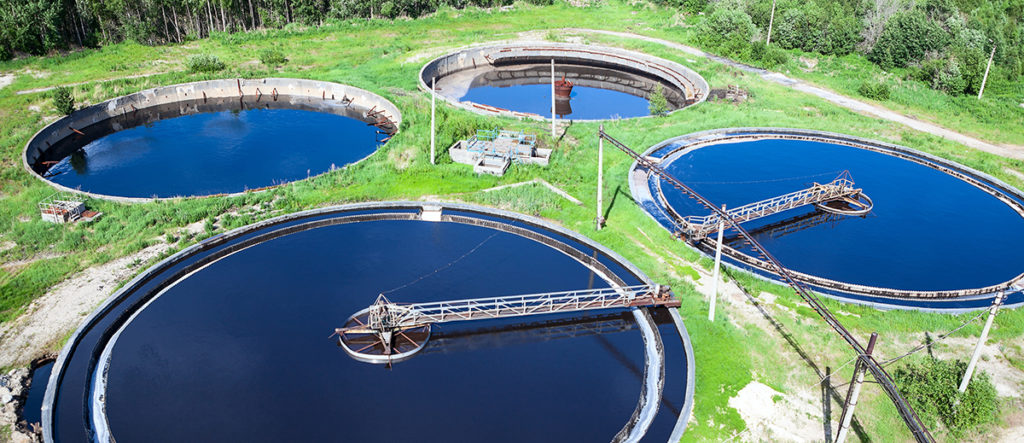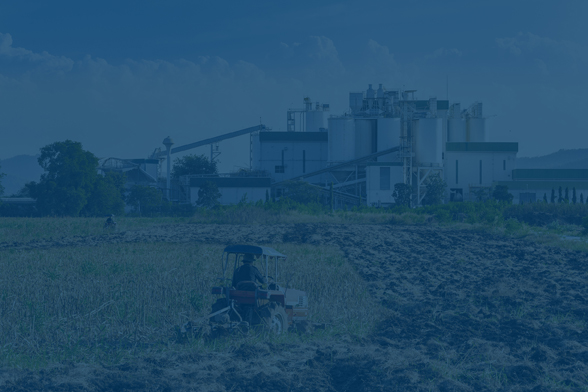
Hydroponic Enzymes
American Biosystems is an international supplier of high-quality, highly concentrated recombinant enzymes for the full range of industrial and agricultural applications. Some of our most useful products have specialized applications in the hydroponics industry, reducing fungal diseases and enhancing the predictability of yields.
How are enzymes used in hydroponics?
Cellulases encourage root growth in plants grown in Bato pots.
The bacterium Trichoderma asperellum has been extensively studied as a symbiont of greenhouse plants, such as cucumbers. These bacteria trigger ethylene production in the roots of a variety of plants (not just cucumbers) that prevent the penetration of those roots by parasites, such as the slime mold Dictyostelium and the Globodera rostochiensis. Cellulases such as cellobiohydrolase and endoglucanase, as well as hemicellulases such as arabinofuranosidase and glucan 1,3-β-glucosidase activate defense mechanisms in plant roots against parasites attempting to colonize them.
Protein hydrolyzates added to the growing medium improve yields of hydroponic lettuce, tomatoes, strawberries, and herbs as measured by weight. Digested from processing waste from soy products with appropriate hydrolases, these novel fertilizers increase carotenoids, chlorophyll, and phytochemicals in treated plants.
But the most important use of enzymes in commercial hydroponics is root debris removal. Combinations of cellulase, β-glucanase, hemicellulase, and xylanase complemented by carefully selected, proprietary blends of protein hydrolases accelerate the decay of dead root matter and open new nutrient transport sites on the roots of hydroponic plants.
The precise mixture of enzymes depends on the kind of plant matter that needs to be broken down. Enzyme formulas are modified for optimum efficiency for the pH and temperature at which the hydroponic growing system is maintained.
There is no danger to healthy roots from the enzyme formulas manufactured by American Biosystems. Enzymes only affect specific chemical reactions at specific ranges of pH and temperature. A variety of enzymes are required in the root zone of hydroponically grown plants to accelerate the decay of dead plant matter.
Only when the right enzyme is delivered to the right substrate does any tissue breakdown occur. There are no undesirable side effects. For instance, when a cellulase comes in contact with cellulose, only cellulose is affected. No other kinds of plant material are affected. No growing process is affected. That is the reason it is so important to have the right formulation of enzymes for optimal maintenance of plant growth in hydroponic farming.
American Biosystems can also supply beneficial microorganisms for hydroponic and other greenhouse growers. Not every plant, of course, benefits from or can work with every potentially beneficial microorganism.
Appropriate beneficial fungi, also known as mycorrhizae, accelerate growth rates in some plants. They protect plants grown in soil and other solid media from diseases, toxins, and insects. They branch out and form a delivery system for water and nutrients to reach the fine hairs at the tips of growing roots. They activate genes in nearby plants that produce defensive chemicals to neutralize plant pathogens.
Some of the genera of beneficial fungi include Glomus, Harzianum, Koningii, Rhizopogon, and Trichoderma. But you don’t have to become a microbiologist to know which beneficial fungi are compatible with your greenhouse crops. American Biosystems does its due diligence to vet all strains of all the microorganisms it sells to confirm how and when they are beneficial.
Beneficial bacteria also play a role in greenhouse production. Beneficial bacteria don’t deliver nutrients to plant roots the way beneficial fungi do, but they are profoundly useful in transforming essential elements of plant nutrition into the forms that plants can use. Several species of bacteria, for example, transform nitrogen in decaying plant and animal matter into the ammonia that roots can absorb. Others fix atmospheric nitrogen into a form that nourishes their plant hosts. A group of bacteria known as the siderophores transforms the Fe3+ in complex substances into usable iron Fe2+, which then enters plants. There are bacteria that transform the amino acid tryptophan into plant growth stimulants such as gibberellins, spermidines, and cytokinin’s.
Bacillus subtilis, manufactured by American Biosystems, is especially helpful in many growing situations. It is useful in pest control. Bioengineered strains of this bacterium confer salt tolerance to the plants on which they grow.
American Biosystems can help you find the exact biostimulants and microbial products for your greenhouse operation in or beyond Roanoke, VA. Call us at 888.344.6469 toll free or contact us today through our online form.


